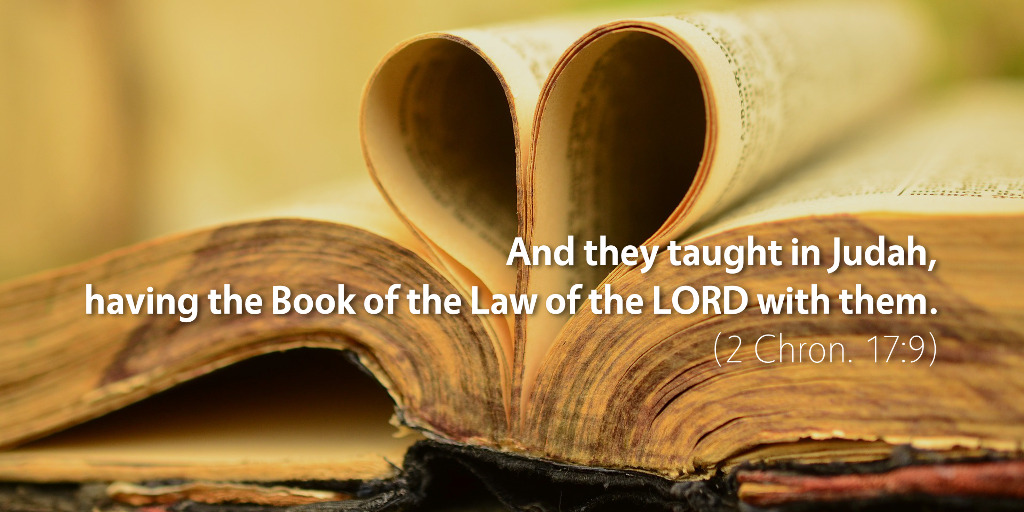Bible Readings for December 15th
2 Chronicles 17 | Revelation 6 | Zechariah 2 | John 5
Chronologically, when we read about the reign of King Jehoshaphat in 2 Chronicles 17, we have reached the point in history where the book of 1 Kings began to spend a significant amount of time discussing the prophetic ministries of the prophets Elijah and Elisha, two of the greatest prophets in the history of Israel. So, we met Elijah in 1 Kings 16 and read of his ministry—and especially of his confrontations with the wicked King Ahab—for several chapters before meeting Jehoshaphat at all. Then, we only read two brief passages about Jehoshaphat: one in 1 Kings 22 and another in 2 Kings 3.
The Chronicler, however, takes the exact opposite approach, skipping Elijah and Elisha altogether and devoting four lengthy chapters to Jehoshaphat. Part of the reason for this is that the books of Chronicles are written to the people of the tribe of Judah who returned from exile in Babylon,1 and part of the reason has to do with the fact that Jehoshaphat is a son of David who, like the other godly kings of Judah, anticipates the greater Son of David, Jesus Christ. Jehoshaphat is not perfect, as we will discuss in tomorrow’s meditation, but in the account we find today in 2 Chronicles 17, Jehoshaphat reforms the worship in Judah like other godly kings who come before him and after him (2 Chron. 17:3–6).
But Jehoshaphat does something additional that we do not find with any other king: he appoints Levites, priests, and even his own court officials to teach the law (2 Chron. 17:7–9).2 Other than this point, the only explicit examples in Scripture of teaching the law come after the people of Judah return from their captivity. In the book of Ezra, for example, Ezra the priest sets about the work of studying and teaching the law (Ezra 7). Then, in the book of Nehemiah, we find a beautiful scene where Ezra reads from the law and the Levites go out among the people to help them understand the sense of the law (Neh. 8:7–8), prompting Yahweh’s people to fresh reverence, great repentance, and a renewed covenant (Neh. 8:9–10:39).
God’s people need to be taught God’s word. God teaches us in his word who he is, what he loves, and what he hates. It is impossible to know and love God apart from his word, since he reveals himself in his word. This principle does not become less important under the new covenant but instead takes on new significance, since we come to understand that God reveals the glory of his Son Jesus Christ in his word. God’s people need to hear God’s word not only week after week but even day by day, so that we might better know God, love him, trust him, and serve him.
Do you avail yourself of opportunities to learn God’s word?
1 See the December 10 meditation for 2 Chronicles 10.
2 There is a brief reference to teaching priests during the reign of Josiah (2 Chron. 35:3), but it is unclear whether Josiah was the one to assign them that role or not.
Podcast: Play in new window | Download (4.3MB) | Embed
Subscribe: Apple Podcasts | RSS | More

Scripture quotations are from The Holy Bible, English Standard Version copyright © 2001 by Crossway Bibles, a division of Good News Publishers. Used by permission. All rights reserved.


